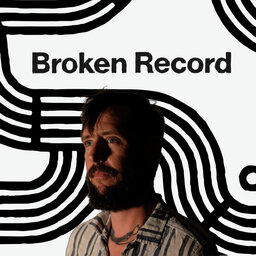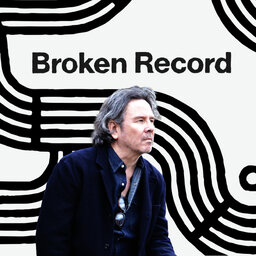Judy Collins
To kick off our month long celebration of Women's History Month, today we are featuring an interview with the great Judy Collins. At 82 years-old, Collins is in the midst of a creative shift. She first made a name for herself in the 60’s folk revival covering songs by artists like Leonard Cohen and Bob Dylan. But this year, for the first time in her career, she’s released an album written entirely by herself. The album’s called Spellbound. And the music feels right at home with some of the best in her catalog.
On today's episode she tells tells Bruce Headlam about her recent burst of activity, which includes six albums in the last six years. They also talk about her working relationship with Leonard Cohen, and how she actually lived the rugged life that peers like Dylan could only sing about.
Subscribe to Broken Record’s YouTube channel to hear all of our interviews: https://www.youtube.com/brokenrecordpodcast and follow us on Twitter @BrokenRecord
You can also check out past episodes here: https://brokenrecordpodcast.com
Hear a playlist of all of our favorite Judy Collins songs HERE.
Learn more about your ad-choices at https://www.iheartpodcastnetwork.com
 Broken Record with Rick Rubin, Malcolm Gladwell, Bruce Headlam and Justin Richmond
Broken Record with Rick Rubin, Malcolm Gladwell, Bruce Headlam and Justin Richmond


